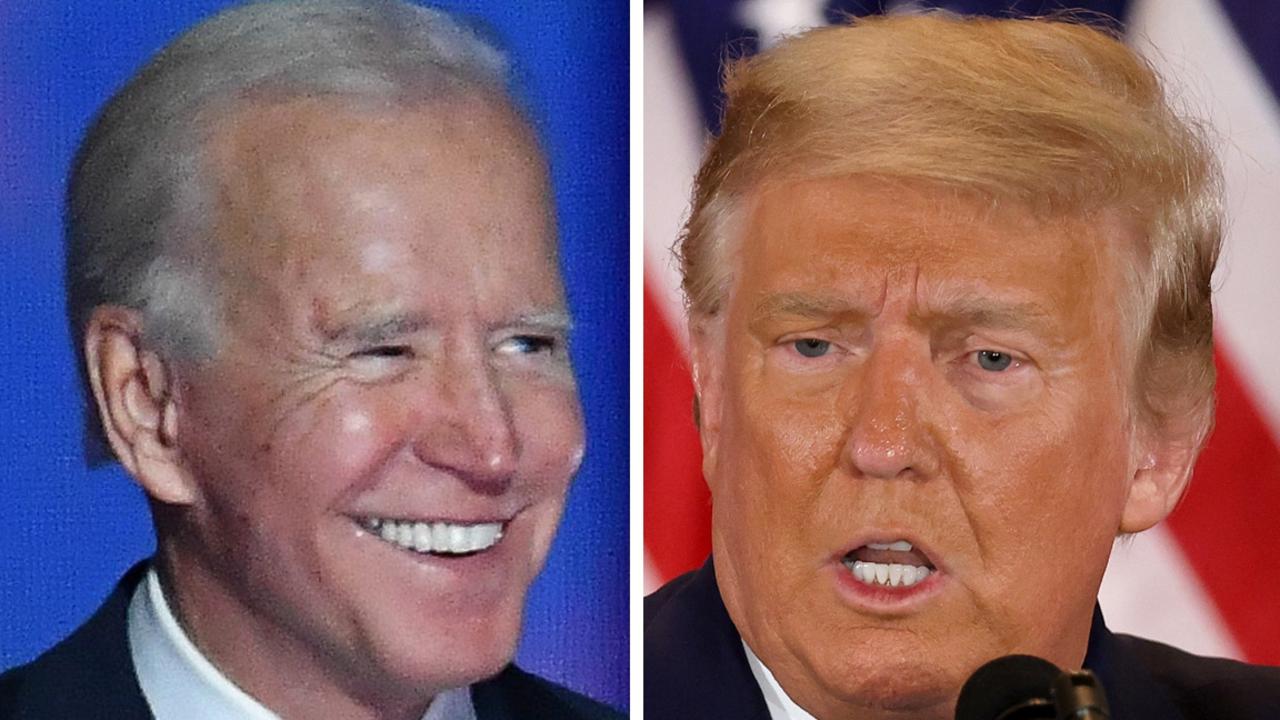Written by Josh Smith
SEOUL, October 31 (Reuters) – The prospect of another North Korean nuclear test underscores the limited options available to Washington and its allies, which have embraced Pyongyang’s “deterrence” through major military exercises that some current and former officials say could exacerbate tensions.
South Korea said in October that a new nuclear test would be met with an “unprecedented” response from allies – but it was unclear what measures would backfire.
Years of sanctions, diplomatic pressure and a show of military force have not stopped North Korea from developing and expanding its arsenal of nuclear weapons and long-range ballistic missiles that could reach the US.
Now that the North’s nuclear weapons are mature and deployed, the United States and its allies are simply trying to dissuade the North from military action.
South Korean Defense Minister Lee Jong-sup said last week that the focus of efforts against North Korea should shift from deterring the development of nuclear weapons to deterring their use.
“We plan to expand the scope of our involvement in intelligence sharing, planning, exercises and training,” he told the panel of lawmakers.
A ministry official told Reuters that Lee did not support the idea of recognizing North Korea as a nuclear power, but emphasized the urgent need to prevent North Korea from using weapons.
“Lee is saying out loud what politicians in Seoul and Washington are thinking, which is that denuclearization is the ultimate goal, containing North Korea is the priority here and now,” said Daniel Russell, a former senior US diplomat.
FOCUS ON CONTRAINDICATION
The United States and South Korea are going “one step at a time” in their efforts to achieve the “complete denuclearization of the Korean Peninsula,” a spokesman for the US National Security Council said when asked about Lee’s comments.
“We continue to prioritize diplomacy, but at the same time we continue to jointly strengthen deterrence and work to limit the advancement of (North Korea’s) illicit weapons programs,” the spokesman said.
Some analysts saw Lee’s comments as the latest sign that Washington and Seoul are coming to grips with the reality that North Korea is a nuclear power. But they noted that so far the focus remains on deterrence rather than risk reduction, such as negotiations on limiting the number of North Korean weapons and preventing their proliferation.
State Department spokesman Vedant Patel declined to say what steps Washington would take if North Korea tested a nuclear bomb for the first time since 2017, but cited sanctions and military exercises as examples of tools it could use to “hold North Korea accountable.” .
Observers expect China and Russia to condemn the new nuclear test, but are unlikely to support new sanctions that they say have failed and hurt only ordinary North Koreans.
The recently released US Nuclear Posture Review says Kim Jong Un’s regime will be destroyed if it ever attacks with nuclear weapons.
“VOLUME DOWN”
In early October, the commander of the US Navy’s 7th Fleet said the rare deployment of an aircraft carrier to South Korea “probably caused” some of the “hysterics” on the part of Kim Jong Un.
Another major exercise began on Monday involving hundreds of South Korean and US warplanes, including rare US F-35B fighter jets.
The drills, which are a central part of the allied response, have been met with new rounds of North Korean missile tests or military exercises.
Patel called suggestions that the drills exacerbated tensions “nonsense.” Duyeon Kim of the US-based Center for a New American Security noted that rising tensions are not always linked to exercises.
“The normalization of the joint exercises increases readiness, and their re-publication is intended to deter North Korea and reassure the South Korean people,” Kim said.
One former senior U.S. defense official told Reuters that while the increased exercises ensure readiness, the publicity and chest-beating surrounding them could be counterproductive.
“They’re doing this because they want to send a message to North Korea: hey, we’re serious,” he said. – But it doesn’t help.
When political leaders said the exercises were scaled back in previous years to include diplomacy, that often meant the exercises were simply not advertised, the former official said, adding that the current rhetoric appears to have gone too far in the other direction.
“The way to reduce the tension is to turn the volume down a little and see if that helps.”
(Reporting by Josh Smith; Additional reporting by David Branstrom in Washington. Editing by Jerry Doyle)
((JoshSmith1@thomsonreuters.com;))
The views and opinions expressed herein are those of the author and do not necessarily reflect those of Nasdaq, Inc.
This article is first published on Source link


